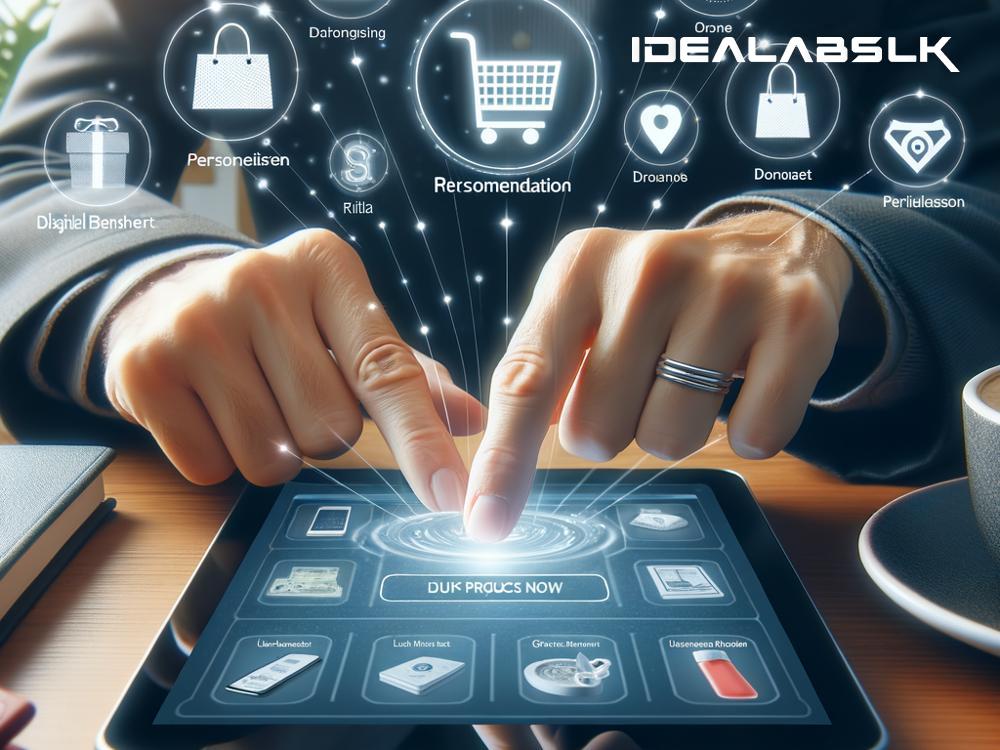The Power of Personalization in E-commerce: Making Shopping About You
Have you ever walked into a store where the salesperson remembers you and even knows what you like? It's a warm feeling, right? Like you're not just another face in the crowd but someone special. That's the magic touch we all love, and guess what? It's not just for brick-and-mortar shops anymore. E-commerce, the world of shopping online, has taken this idea and run with it. Welcome to the era of personalization, where online shopping is tailored just for you.
What is E-commerce Personalization?
E-commerce personalization is a strategy that online stores use to deliver individualized messages, product recommendations, and experiences to their visitors or customers. This approach is based on data, trends, and personal information, creating a shopping experience that's as unique as each customer. It's like having a digital shopping assistant who knows your taste, size, and even your budget.
Why is Personalization So Powerful?
1. Makes Shopping Easier and Faster
Remember the last time you went looking for a specific item online and got lost in a sea of options? Personalization cuts through that sea like a lighthouse, guiding you to exactly what you need or might like. This not only saves time but makes shopping a breeze.
2. Boosts Customer Loyalty
When a store shows that it knows you — your preferences, past purchases, and even your search habits — you're more likely to return. Personalization makes customers feel valued and understood, which strengthens their loyalty to a brand.
3. Increases Sales
This is a straightforward one. If a visitor to a site gets suggestions that hit the nail on the head, the chance of them making a purchase shoots up. It's not just about catching their eye, but showing them products they didn't know they wanted until that very moment.
4. Enhances Customer Satisfaction
Shoppers today crave experiences that are not only convenient but also tailored to them. Personalization meets these expectations, leading to happier customers. Happy customers are not just repeat buyers; they're also ambassadors for your brand, sharing their positive experiences with friends and family.
How Does Personalization Work?
At its core, e-commerce personalization relies on data. Every click, search, purchase, and even time spent viewing specific products is data that an online store can use. Advanced algorithms analyze this goldmine of information to predict what you might like or need.
But it's not just about algorithms and cold, hard data. It's also about understanding the human side of shopping. Are you buying a gift? Searching for items for a special occasion? Or maybe you're exploring a new hobby? Personalization engines strive to grasp not just your past behavior but your potential needs and wants.
Examples of Personalization in Action
- Product Recommendations: Ever noticed, "Customers who bought this item also bought..."? That's personalization, offering options based on what others with similar tastes have purchased.
- Personalized Emails: Emails that greet you by name or suggest products inspired by your recent searches feel more personal and less like spam.
- Customized Deals and Offers: Getting a special discount on your birthday or offers on goods that fit your shopping pattern makes the whole experience more delightful.
Making It Happen
So, how do e-commerce businesses implement personalization? It starts with technology, from sophisticated algorithms to AI (Artificial Intelligence) that learns from every interaction. But technology alone isn't enough. It requires a balance of respecting customer privacy while offering them benefits they can't resist. It's a dance between offering recommendations and giving customers control over their data.
A Personalized Future
The future of e-commerce is not just selling products; it's about creating personalized shopping journeys. Imagine virtual reality dressing rooms, AI shopping assistants, and even more predictive personalization that knows what you need before you do.
In Conclusion
Personalization in e-commerce is not just a trend. It's a shift in how we shop and sell online. For customers, it's about relevance and feeling seen. For businesses, it's a strategy that drives loyalty, satisfaction, and sales. As e-commerce continues to evolve, those that master the art of personalization will stand out in the crowded digital marketplace. Remember, in the world of online shopping, the most successful stores are those that make shopping all about you.

